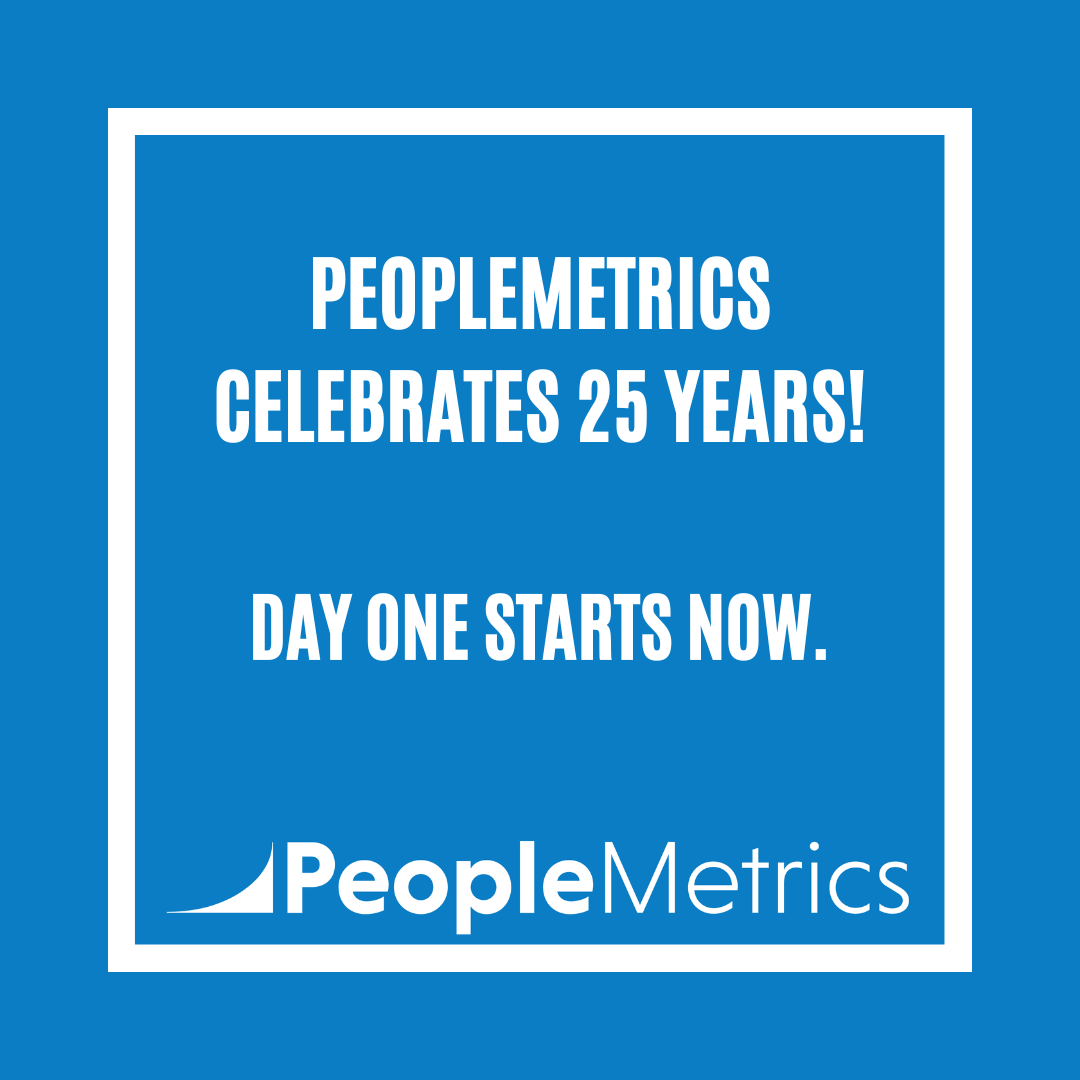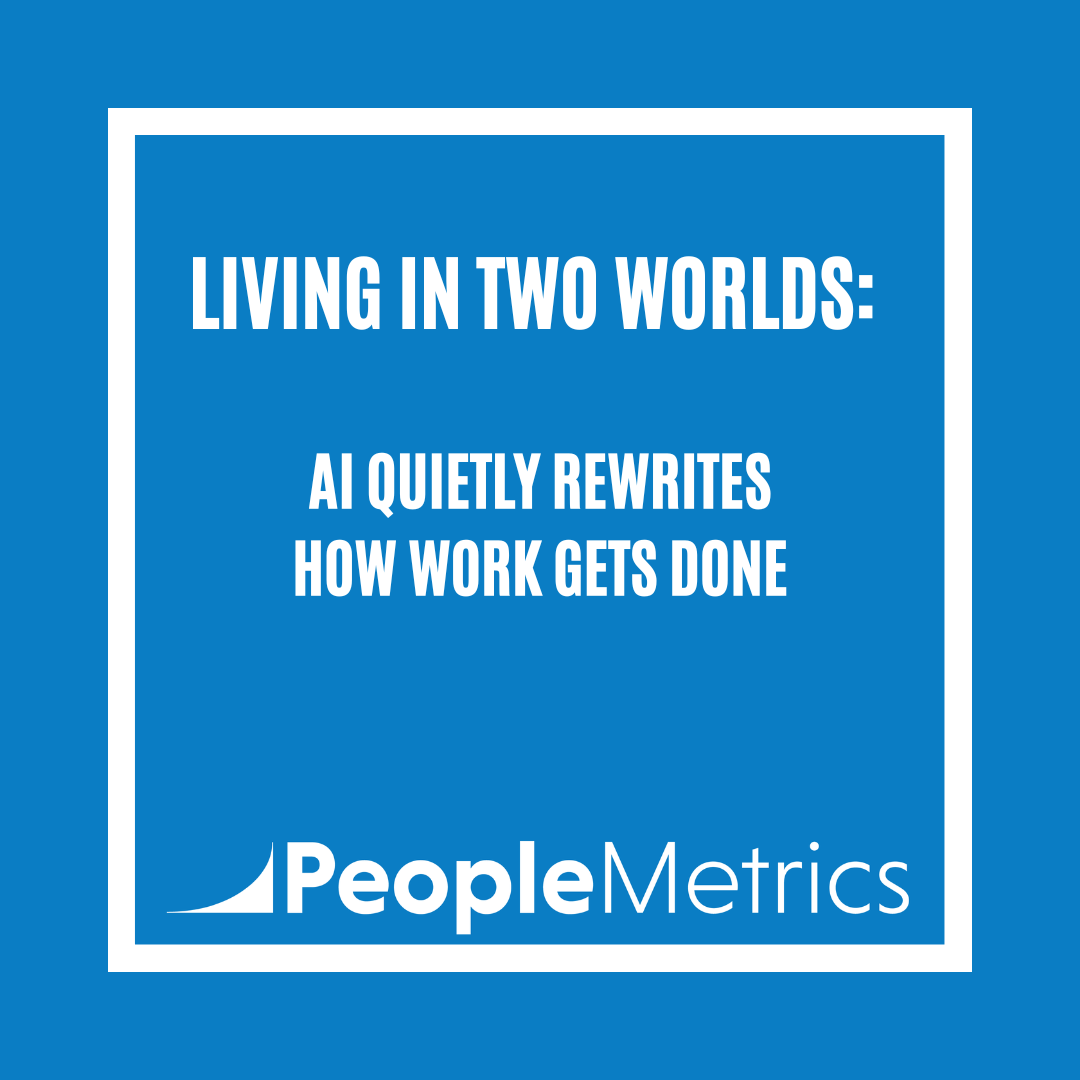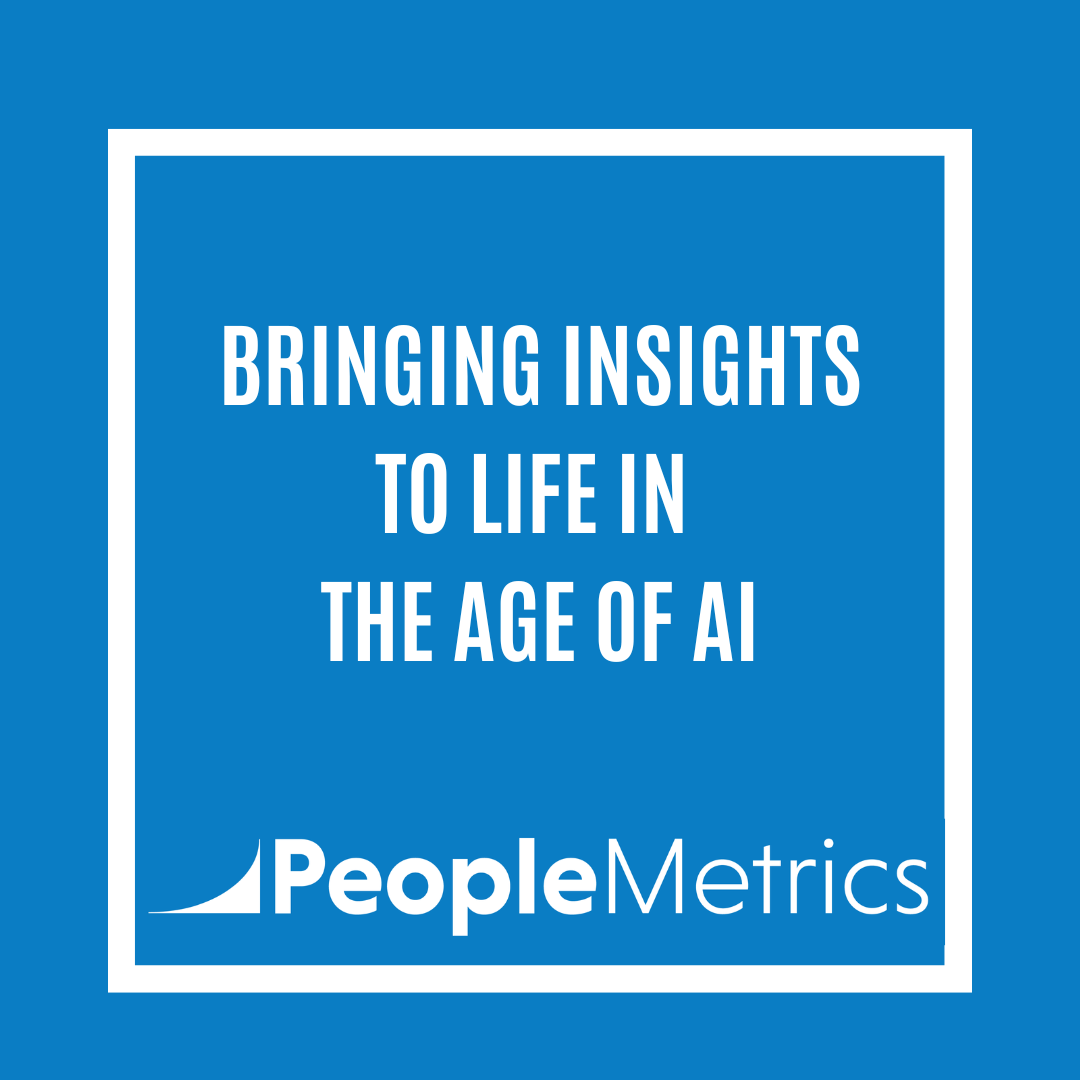Social reviews have always been important, and that hasn't changed.
In fact, they might be even more crucial today because they're public surveys available to everyone online.
Especially if you're a B2C business, your social reviews on platforms like TripAdvisor, Google, Yelp, or OpenTable aren't just feedback—they can make or break your brand reputation.
Here’s an important nuance: AI hasn't fundamentally changed the reality or the importance of social reviews themselves.
Customer reviews still rely heavily on real human interactions and genuine feedback from real experiences. The human aspect—writing genuine reviews and your company's genuine responses—still matters most.
AI’s Role in Social Reviews
AI's role here isn't revolutionary, but it can significantly streamline how you manage social reviews. For instance, if you have many reviews, AI-driven sentiment analysis can quickly categorize reviews as positive, negative, or neutral, alerting your team instantly when there's an urgent issue. AI can also help identify patterns or trends across hundreds of reviews that might take a human analyst hours or even days to recognize.
However, responding to social reviews remains very much a human activity!
Genuine empathy, personalized apologies, and thoughtful responses cannot yet be effectively automated by AI. Your customers will notice—and appreciate—authentic human responses rather than canned, AI-generated replies.
Additionally, proactively using VoC surveys to prevent negative social reviews before they happen is still best practice.
If a customer has a poor experience based on transactional survey feedback, a human still needs to reach out and solve the problem personally. This proactive approach can prevent negative social (public) reviews from happening in the first place.
Ultimately, the role of AI in social reviews is supportive rather than transformative.
AI provides tools to manage and analyze reviews faster and smarter, but the human element—personal responses, sincere apologies, and authentic engagements—remains irreplaceable.
Checklist for Managing Social Reviews in an AI-Enabled World:
- Ensure every public review receives a timely, personal response—especially negative ones.
- Use AI sentiment analysis to quickly flag and prioritize urgent customer issues if you have many reviews (if just a few, no need for AI)
- Leverage AI-driven analytics to identify trends and patterns from social review data, if there volume justifies it
- Always have a human representative publicly respond with empathy, authenticity, and sincerity.
- Proactively use transactional VoC surveys to solve customer problems before they become negative reviews.
Bottom line: AI enhances efficiency, but genuine human interaction remains at the heart of successfully managing public social reviews.
Your Turn
How are you managing your social reviews? Are you using AI to help analyze social reviews across platforms? Is there a number of reviews that you find makes AI more effective than a person in analyzing social reviews?





